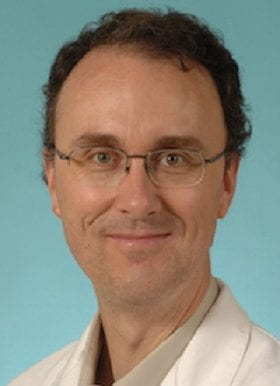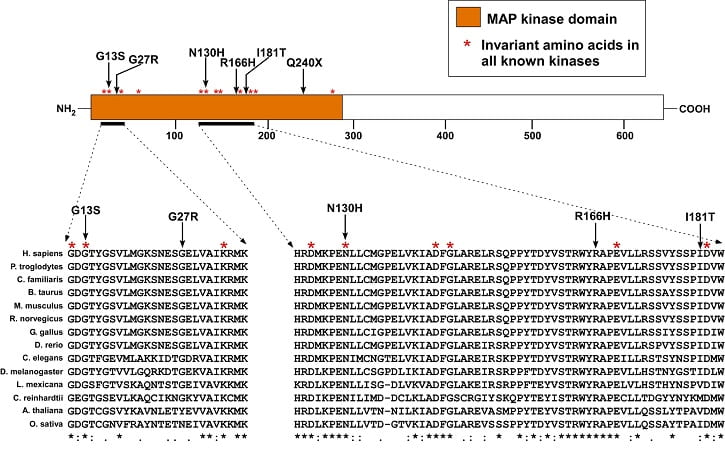
Joseph Corbo, MD, PhD
Professor, WashU Pathology & Immunology
- Phone: 314-362-6254
- Email: jcorbo@nospam.wustl.edu
Transcriptional regulatory networks in photoreceptor development, evolution, and disease
Retinal photoreceptors are the first point of interaction between our nervous system and the outside world, transforming incoming light into electrical signals which are then integrated by the rest of the visual system into an image of our surroundings. Our lab studies the systems biology of photoreceptors. Specifically, we are interested in the transcriptional regulatory networks that underlie the development, evolution, and diseases of photoreceptors in the retina. We are taking a multi-disciplinary approach to the problem of how a network of transcription factors orchestrates the expression of distinct cohorts of downstream genes to build this complex micromachine, the photoreceptor cell. In accordance with its role as an entry point into the nervous system, the photoreceptor cell has been exquisitely fine-tuned by evolution. This fine-tuning has, in turn, made the photoreceptor cell particularly prone to genetic perturbations of its function which result in cell death and consequently blindness.
Using genomic and bioinformatic approaches we are elucidating the detailed molecular circuitry underlying photoreceptor development. We are developing a quantitative model of the photoreceptor transcriptional network which can be used to predict network-wide alterations in photoreceptor gene expression and function in disease states. Such predictions will permit us to target key nodes within the network for therapeutic intervention. In addition, this molecular blueprint for photoreceptors may permit us to carry out directed differentiation of stem cells into functional photoreceptors to be used in replacement therapy for patients with blindness.
